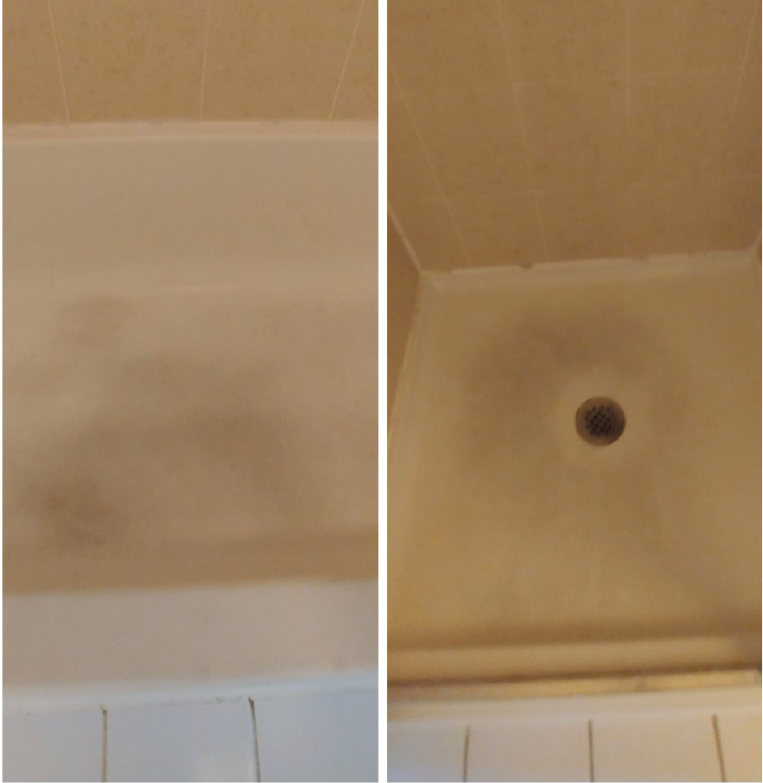Always make sure that you are there for a walk through. That is their opportunity to point out problems, and if they are an easy fix then they generally will give you 5 minutes to make the fix.
New jersey law
There are steps you can take to prevent a landlord from charging you
for ordinary wear and tear, cleaning, or painting. Before you move
out, ask the landlord or superintendent to personally inspect the
apartment. Then ask that person to sign a note stating that you left
the apartment clean and undamaged. If you cannot get the landlord or
superintendent to inspect the unit, have a friend do so. Ask your
friend to take photographs, and sign and date them. If you have a
friend do this, make sure the friend can go to court with you if
necessary. If you end up in court, the judge will not accept a letter
from your friend as evidence.
make sure they did give you the proper notice:
Within 30 days after you move out, the landlord must return your
security deposit and interest, less any rent you owe or any charges
for repairing damage that you have done to the property. If the
landlord deducts any amounts for damages or rent, he or she must give
you a complete list of the damages he or she claims you did to the
property and the cost of repairs. The landlord must send you the list
of damages by registered or certified mail, and the landlord must
return to you any money left over from your security deposit. Cite:
N.J.S.A. 46:8-21.1.
They should have an itemized bill, they need to have actually made the repair they are charging you for. Ask for the picture taken after the repairs.
Don't forget they might even owe you interest.
you do have recourse:
Going to court to get back your security deposit
If, after 30 days,
the landlord has not returned your security deposit, you can file a
complaint against the landlord in Small Claims Court. The Rent
Security Deposit Act states that if the court finds that a landlord
wrongfully refused to return all or part of a tenant’s security
deposit, the court must order the landlord to pay the tenant double
the amount of the security deposit if it is not returned at all, or
double the amount that the landlord wrongfully deducted from the
deposit.

